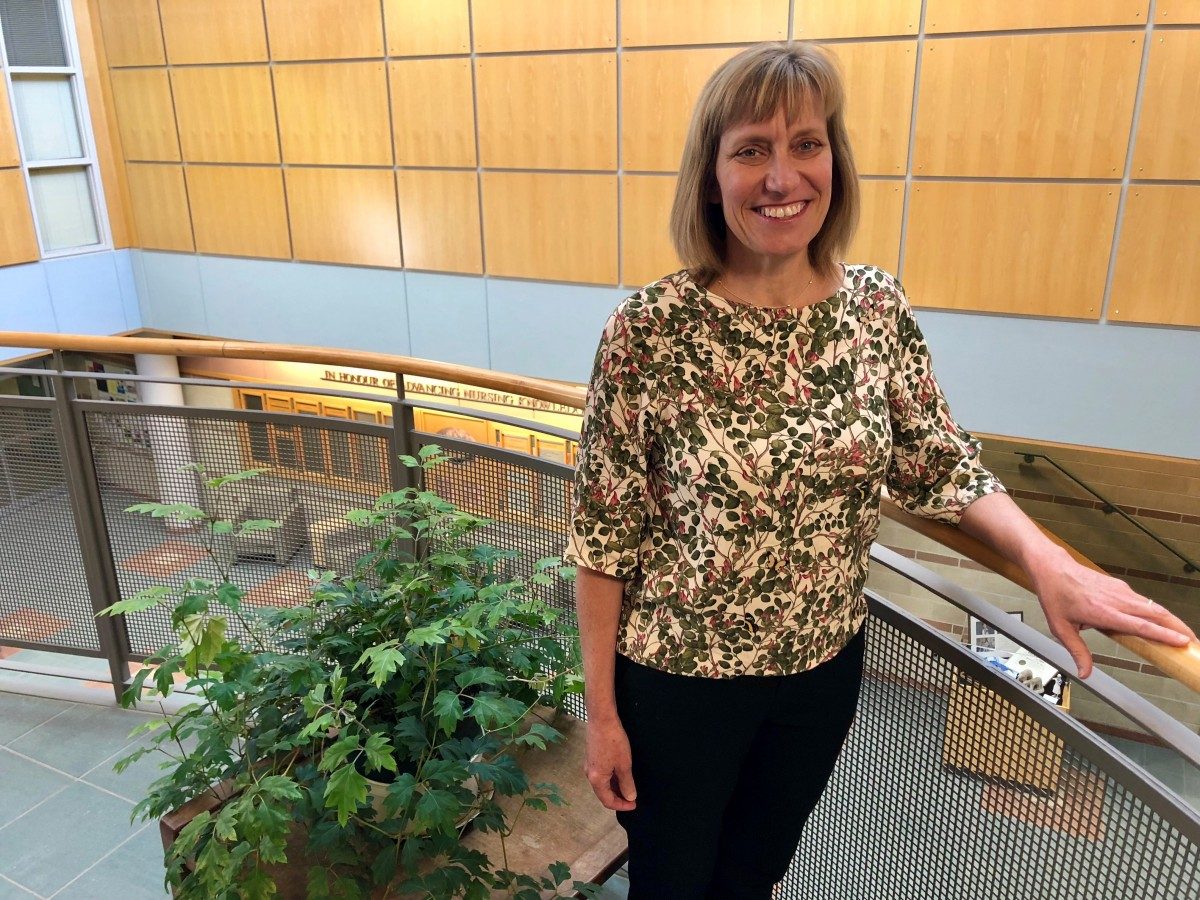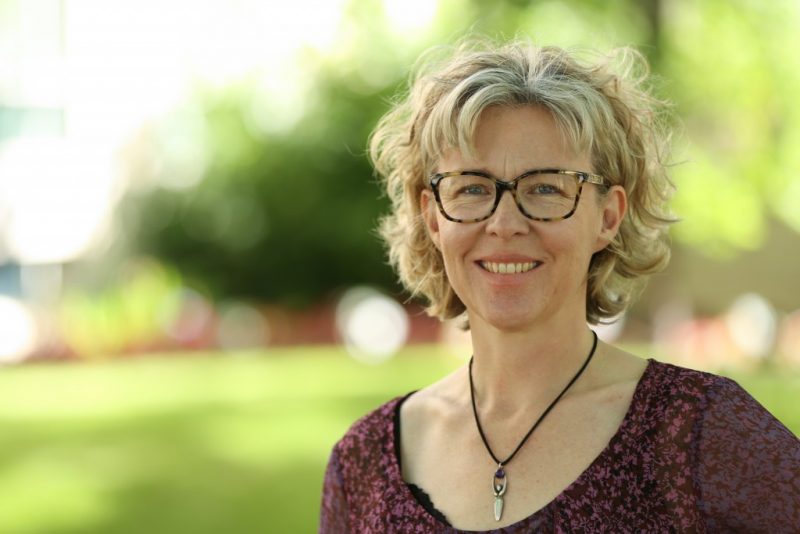
Engaging patients: Nursing researchers garner ‘seed’ funding
When Dr. Kendra Rieger [BN/05, PhD/17] and Dr. Kellie Thiessen [PhD/14] were announced as spring 2018 winners of a Centre for Healthcare Innovation (CHI) funding award, they were thrilled – but not only for the reasons one might think.
Rieger and Thiessen, both assistant professors in the College of Nursing, Rady Faculty of Health Sciences, say they’re also excited that their CHI awards for Patient and Public Engagement in Health Research in the Design and Grant Development Phase, will let other researchers know these valuable opportunities are available each spring and fall.
“This grant is wonderful for a novice researcher like myself, or any researcher with a new idea, because it really helps to refine and develop emerging ideas through engaging with patients, in order to submit a more meaningful and relevant grant application at the provincial and national level down the road,” said Rieger, who has a bachelor’s and a PhD from the U of M’s College of Nursing.

Dr. Kellie Thiessen, CHI awardee
Added Thiessen, who is also a U of M PhD graduate, “This supports our initiatives for patient engagement research, which is instrumental in relationship building and bringing people to the table to hear their voices and have them inform projects from the outset. It allows you to pay for travel to bring them here, pay honoraria, really honour the time they’re giving to the project.”
Thiessen’s award was based on her research entitled, “Welcoming the Sacred Spirit (child): Connecting Indigenous and Western ‘ways of knowing’ to inform future policy partnerships to optimize maternal child health service delivery initiatives in remote Canadian regions.”
There are many remote and rural communities where women have to travel to give birth, she explained. This has financial and psychological costs, and has a huge impact on families and communities.
“It fragments communities by taking out birth out of the cycle of life. There are a lot of traditional ceremonies around preparing for the coming of the ‘sacred spirit’, the child, into a community, and those are diluted down when birth can’t happen in the community,” Thiessen said.
Her research is looking at maternity care policies and programs in four geographically similar jurisdictions (Northwest Territories, Nunavut, Nunavik, and northern Manitoba) to identify and describe exemplar maternity care models in remote Canadian regions.
Rieger’s research is entitled, “Engaging Patients and Elders in an Exploration of Indigenous Women’s Experiences of Breast Cancer Using Digital Storytelling”, which she worked on with the support of Drs. Marlyn Bennett, Tom Hack and Donna Martin.
“We’ve been talking about the significant survival disparities for First Nations women with breast cancer,” said Rieger. “There’s been some important quantitative work that’s been done recently, but there still needs to be more work done to explore what’s influencing those poor outcomes and what needs to change.”
The CHI grant is funding the first phase of her research which will see the team engage First Nations women and an Elder for their perspectives on the feasibility, meaningfulness, and cultural safety of digital storytelling as a research method, and to receive input on the research questions.
The research awardees each received $2000 as part of the award. While the money is helpful, some of the other benefits are equally if not more valuable for junior researchers including networking with past awardees, research supports, and free consultations regarding patient engagement.
“It’s really exciting that two nurse researchers have received this award because it’s going to help them build their teams, engage with patients, and establish a strong foundation for their work going forward,” said Dr. Donna Martin, associate dean of research in the College of Nursing.
The award winners from previous rounds of callouts have gone on to receive larger grants down the road which is exactly where Rieger and Thiessen have their sights set.
“This is like a seed, the grant money will allow us to plant a seed not just by ourselves but with patients, elders, community members,” said Rieger. “We’re planting this seed together and we’re hoping the seed will grow into a large tree.”






